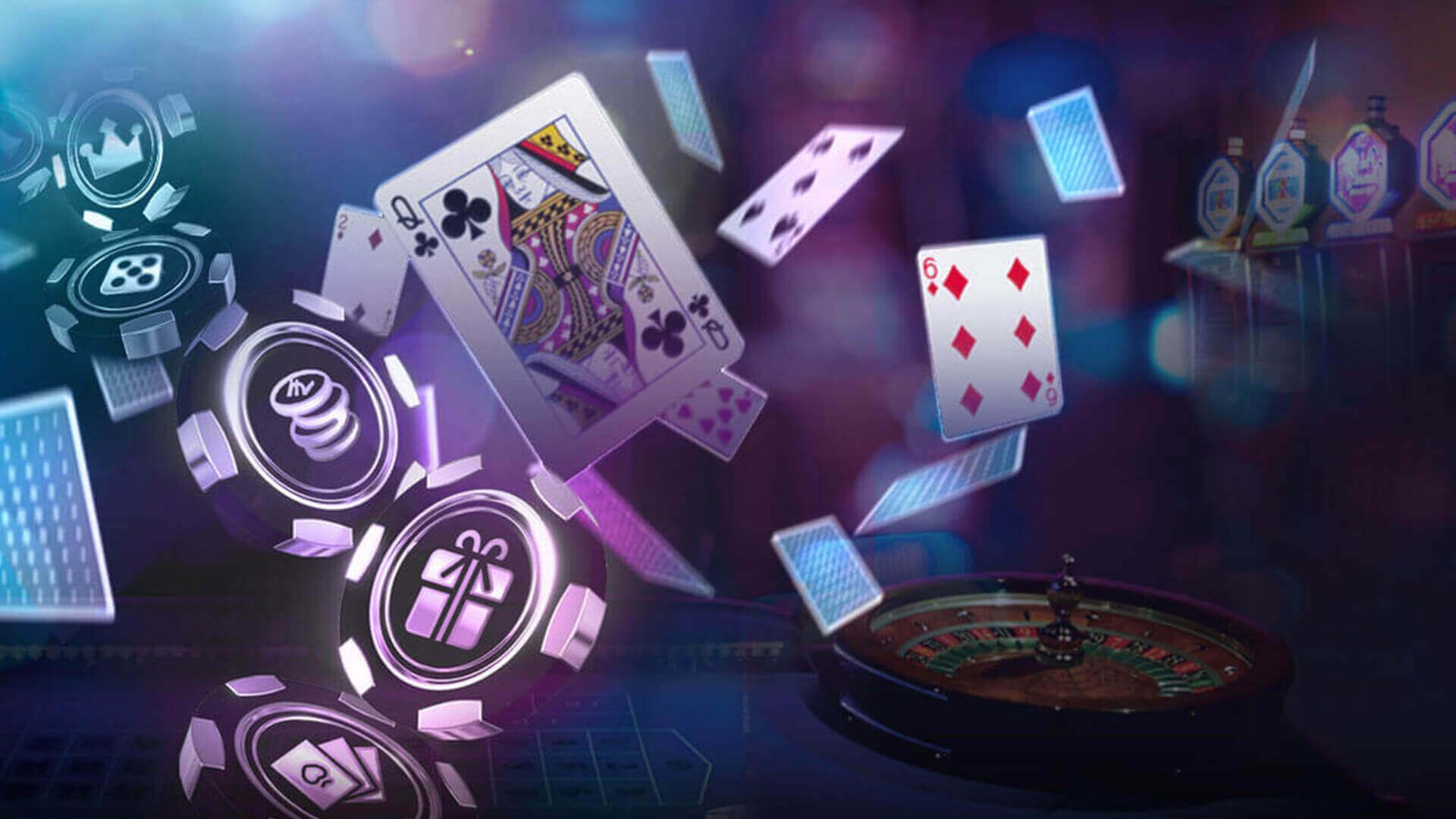Understanding the Fairness of Online Casino Games
When real money is on the line, trust becomes everything. Whether you're spinning the reels of a slot machine or playing a hand of blackjack, every player wants to know one thing: Are online casino games truly fair?
With the rise of digital gaming platforms, concerns about manipulation and transparency have grown. This article sheds light on how fairness is guaranteed, what players should look out for, and how to stay informed while enjoying a safe gaming experience.
Why Fairness Matters in Online Gambling
Trust is the foundation of any gambling platform. Players are less likely to return or recommend the site without confidence in the game's integrity. Fairness ensures that outcomes are not predetermined or rigged, and that every player has a genuine chance of winning.
Many players now turn to a trusted online casino that operates under proper regulation and uses third-party auditing to ensure the legitimacy of its games. Transparency is no longer optional—it’s an expectation.
But what actually makes a game “fair”? And how can players verify it?
How Online Casinos Ensure Fair Play
Online casinos use multiple layers of technology, oversight, and legal compliance to guarantee fairness. These measures are designed to protect both the player and the reputation of the platform. By combining algorithmic transparency with third-party verification, casinos can offer a trustworthy environment for gameplay.
Let’s explore the most crucial elements:
-
Random Number Generators (RNGs): At the core of any fair online game is the Random Number Generator. RNGs are complex algorithms that produce random outcomes, mimicking the unpredictability of real-world gaming.
-
Every card dealt, dice rolled, or slot spin is determined by an RNG.
-
They are tested frequently to ensure they're free from bias or manipulation.
-
Even the developers can't predict or influence the outcome.
-
Third-party testing and certification: Reliable online casinos partner with independent testing agencies to audit their games. Common certifiers include eCOGRA, iTech Labs, and GLI (Gaming Laboratories International). Their seals of approval are usually visible at the bottom of a casino’s website. These companies check for:
-
Algorithm randomness.
-
Fair payout ratios.
-
Regulatory compliance.
-
Licensing and Regulation: A fair game also depends on the platform operating legally. Regulatory bodies frequently audit casino platforms and revoke licenses if they detect malpractice. Well-known regulatory bodies include:
-
Malta Gaming Authority (MGA);
-
UK Gambling Commission (UKGC);
-
Curacao eGaming.
How to Check If a Casino Game Is Fair
As a player, there are practical steps you can take to protect yourself. Here's how to assess a game's fairness before placing your bet:
-
Look for these signs of credibility:
-
License Information: Check the site’s footer for licensing details.
-
RNG Certification: Ensure games are RNG-tested by trusted agencies.
-
Game Providers: Stick to games from reputable developers like NetEnt, Microgaming, or Pragmatic Play.
-
Transparency: Trustworthy sites often display RTP (Return to Player) percentages.
-
Ask yourself:
-
Does the platform provide access to audit results or testing certificates?
-
Is the game’s RTP clearly stated and comparable to industry standards?
-
Can I find detailed rules and payout structures?
Being informed is your first line of defence.
Popular Game Types and Their Fairness Mechanics
Different types of games have different fairness structures. Here's a closer look at how fairness is implemented across categories:
|
Game Type |
Fairness Element |
What to Check |
|
Slots |
RNG, RTP |
Payout % & provider reputation |
|
Blackjack |
RNG or live dealer camera monitoring |
Dealer transparency, rules are visible |
|
Roulette |
RNG or live spin |
Visual integrity or RNG testing |
|
Poker |
RNG for cards, peer-to-peer interactions |
Platform regulation and anti-cheat |
|
Live Casino Games |
Real-time cameras, human dealers, no RNG |
Licensing, video clarity, and dealer rules |
Understanding the mechanics behind each game helps you choose wisely.
Common Myths About Online Casino Fairness
Despite regulation, many myths still circulate about online casino fairness. Let’s debunk a few:
-
“Casinos control when you win or lose.” False. RNG algorithms are tested to ensure outcomes can't be tampered with by the casino or developer.
-
“Games tighten up after you win.” No evidence supports this claim. RNGs do not have memory, and each spin is independent.
-
“Live games are just pre-recorded.” Legitimate live casino games stream in real time, and you can often interact with dealers and other players.
Dispelling these myths helps you enjoy the experience with more confidence.
Tips to Stay Safe and Play Fair
A little preparation can go a long way in protecting your funds and personal information. Understanding how to identify fair platforms and avoid common pitfalls is essential for beginners and experienced players. By taking a proactive approach, you can enjoy your favourite games with greater confidence and peace of mind.
Here is a smart player's checklist for you:
-
Play at licensed casinos only.
-
Look for RNG certification and RTP info.
-
Set spending limits before you start.
-
Avoid chasing losses or assuming patterns.
-
Regularly review game rules and payout tables.
By staying informed, you remain in control.
Informed Players Make Smarter Choices
Fairness in online casino games isn’t just a marketing term—it’s a regulated, testable, and essential part of digital gambling. Understanding how fairness is achieved empowers you to make smarter choices and reduces the chance of disappointment or distrust.
Whether you're a casual player or a high-stakes gambler, taking a few extra minutes to verify fairness features can make all the difference in your experience.
Want to gamble with confidence? Start applying these tips and always play on platforms prioritising transparency and trust. The next time you hit “spin” or place a bet, you’ll know exactly what’s behind the outcome.




















